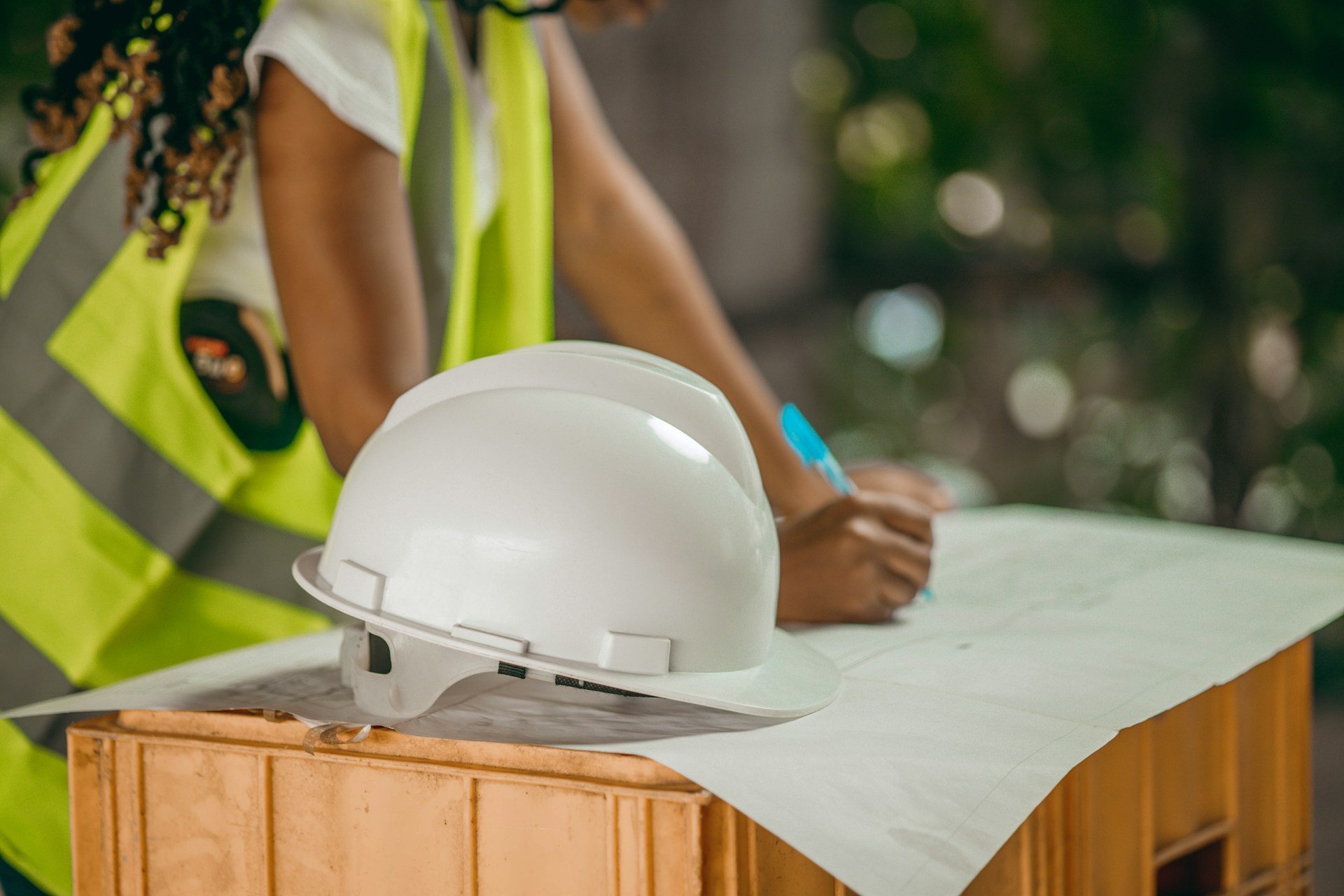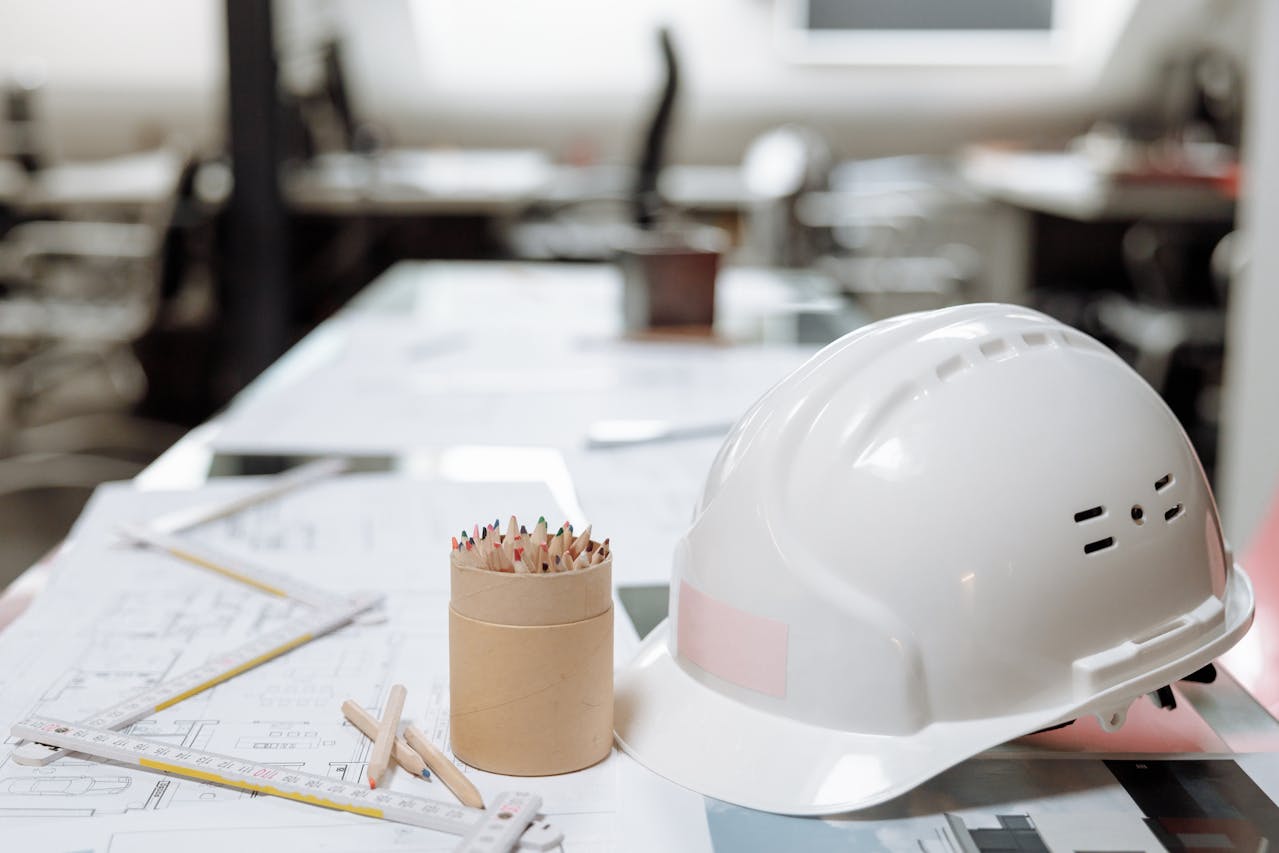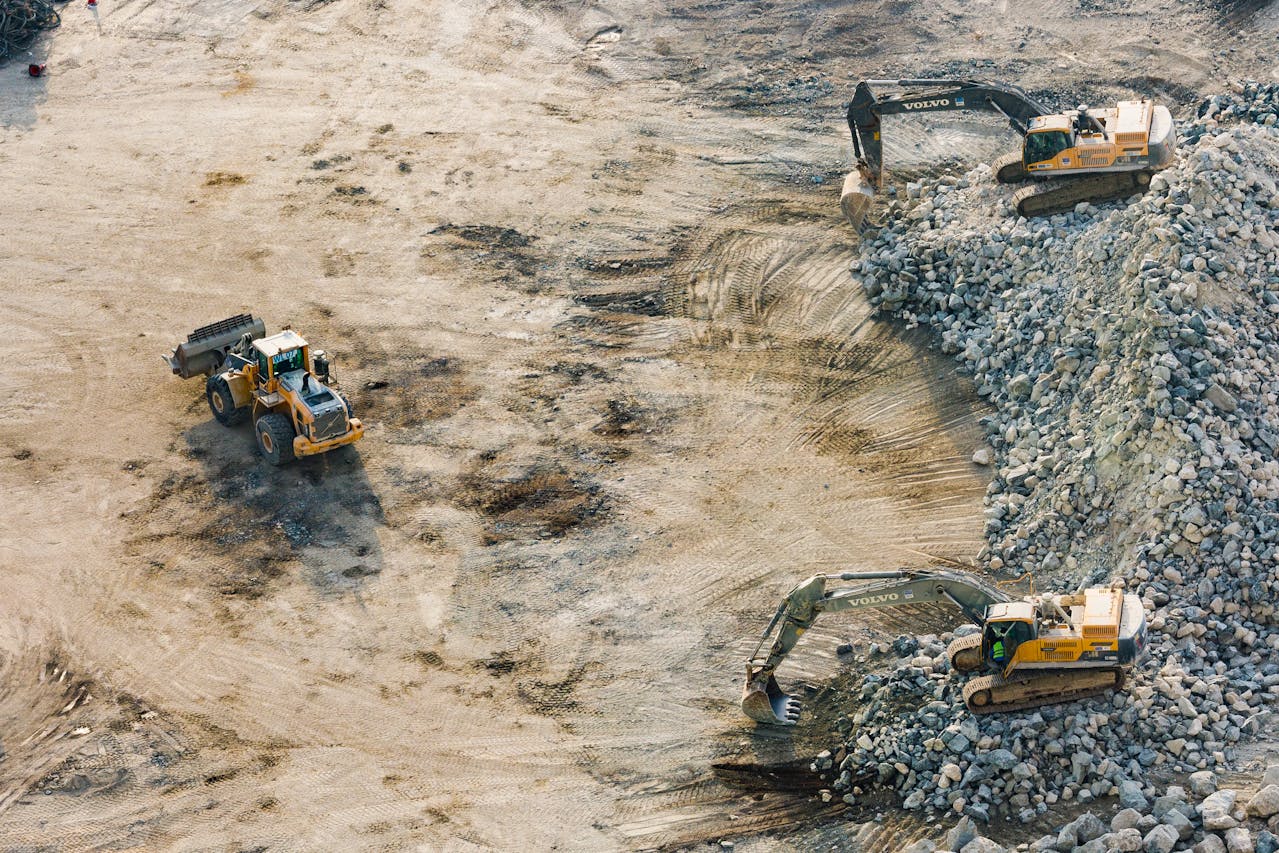As a general contractor serving developers and property owners in Dallas, we at EB3 Construction understand the importance of balancing progress with community considerations. The city’s construction noise ordinance plays a critical role in maintaining this balance, setting clear guidelines for when construction activities can occur near residential areas.
Chapter 30 of the Dallas City Code outlines specific hours during which construction is permitted. For projects adjacent to residential properties, we are allowed to operate between 7:00 a.m. and 7:00 p.m. Monday through Friday, and from 8:00 a.m. to 7:00 p.m. on Saturdays and legal holidays. These time restrictions help ensure residents have peaceful evenings and Sunday mornings while still allowing for productive work days.
We recognize that adhering to these ordinance hours is not just about avoiding fines—it’s about being a good neighbor and responsible community member. By carefully scheduling our work within the permitted timeframes, we aim to minimize disruption while keeping projects on track. For developers and property owners working with us, this means maintaining positive relationships with surrounding residents while efficiently progressing with construction.
What Are the Official Construction Hours in Dallas?

In Dallas, construction activities are subject to specific time restrictions designed to balance development needs with residents’ quality of life. The city has established clear guidelines for when construction work can occur, especially in or near residential areas.
On weekdays, construction is permitted from 7:00 a.m. to 7:00 p.m. Monday through Friday. On weekends, the hours are slightly more limited, with work allowed from 8:00 a.m. to 7:00 p.m. on Saturdays. These same weekend hours also apply to legal holidays when construction is occurring on or adjacent to residential areas.
It’s important for contractors and property owners to be aware of the specific legal holidays recognized under these regulations:
- New Year’s Day (January 1)
- Memorial Day (observed date)
- Fourth of July
- Labor Day (observed date)
- Thanksgiving Day (observed date)
- Christmas Day (December 25)
These time restrictions are outlined in Section 30-2(8) of the Dallas City Code, which aims to mitigate noise disturbances in residential neighborhoods. By adhering to these hours, balance is maintained between necessary construction work and the community’s need for quiet periods.
For projects requiring work outside of these designated hours, special permits may be necessary. These are typically granted only in cases of urgent necessity or when deemed essential for public health, safety, or welfare by the director of transportation and public works.
Understanding and complying with these regulations is crucial for successful project management in Dallas. It helps maintain positive relationships with nearby residents while efficiently progressing on construction timelines. Contractors must always be mindful of these restrictions and plan work schedules accordingly to avoid potential violations and ensure smooth project execution.
How Do Construction Noise Ordinances Define Prohibited Activities?
Dallas takes a comprehensive approach to regulating construction noise, defining it broadly to encompass a wide range of activities. Under the city’s ordinance, construction activities include erection, excavation, demolition, alteration, and repair of any building. This covers the full spectrum of work that occurs on construction sites.
The key factor in determining whether construction noise violates the ordinance is if it is ‘offensive to the ordinary sensibilities‘ of Dallas residents. This subjective standard allows for flexibility in enforcement based on context. Some specific examples of construction noises that may be considered offensive include:
- Loud machinery like jackhammers, bulldozers, or pile drivers
- Demolition sounds such as crashing, banging, or explosions
- Construction vehicle noise from trucks, cranes, or other heavy equipment
- Persistent beeping from vehicle backup alarms
- Shouting or other loud voices from workers on site
Importantly, the ordinance establishes that any construction activities occurring outside of permitted hours are automatically considered offensive and in violation. For most areas, this means construction is prohibited between 7:00 PM and 7:00 AM on weekdays, before 8:00 AM on Saturdays, and all day on Sundays and legal holidays.
The city recognizes that some construction work may be urgent or necessary outside normal hours. In these cases, contractors can apply for a special permit from the director of transportation and public works to conduct overnight or weekend work. However, the default assumption is that nighttime and weekend construction noise is disruptive to residents.
By defining prohibited activities broadly, Dallas gives its code enforcement officers the flexibility to address a variety of construction noise issues. The focus is on the impact of the noise on nearby residents rather than setting strict decibel limits. This allows for case-by-case evaluation of whether construction sounds cross the line from normal, expected noise to unreasonable disruption.
| Type of Noise | Description |
|---|---|
| Loud Machinery | Includes equipment such as jackhammers, bulldozers, and pile drivers. |
| Demolition Sounds | Sounds such as crashing, banging, or explosions. |
| Construction Vehicle Noise | Noise from trucks, cranes, and other heavy equipment. |
| Backup Alarms | Persistent beeping sounds from vehicle backup alarms. |
| Workers’ Voices | Shouting or other loud voices from workers on-site. |
Contractors working in Dallas should be aware of these regulations and take proactive steps to minimize disruptive noise, especially during sensitive hours. Using quieter equipment, installing temporary sound barriers, and scheduling the loudest work during midday can help avoid violations. Clear communication with nearby residents about construction schedules and noise mitigation efforts can also reduce complaints.
When Can Construction Hours Be Extended?
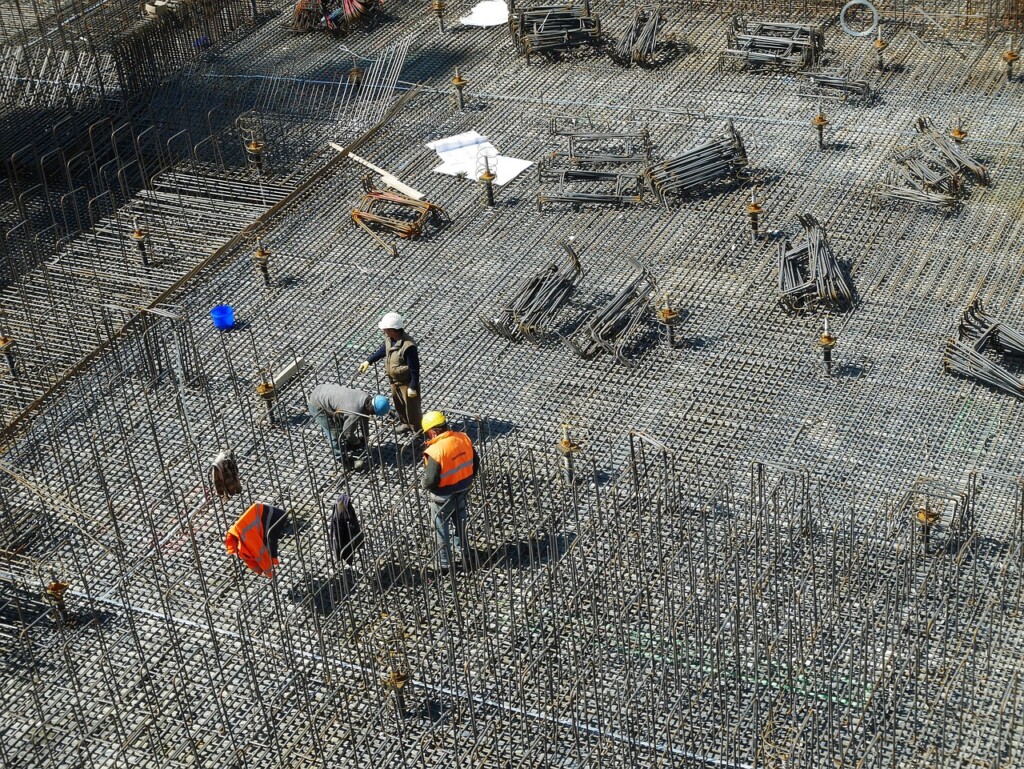
As the general contractor, we recognize that construction schedules sometimes necessitate work beyond standard hours. In Dallas, extending construction hours involves obtaining a Noise Ordinance Waiver (NOW). Here’s what to know about requesting after-hours construction permits:
Criteria for Approval
The director of transportation and public works may grant waivers to extend regular construction hours in two main situations:
- Cases of urgent necessity for public safety
- Other reasons deemed necessary for public health, safety, or welfare
This provides some flexibility to continue essential work when needed, while still adhering to the city’s noise regulations.
How to Apply
To request a waiver, we follow these steps:
- Complete the Noise Ordinance Waiver (NOW) application form
- Submit the application to nowrequest@dallas.gov
- Await review and approval from the director
We make sure to submit requests well in advance of the proposed extended work hours to allow time for processing.
Additional Guidance
For questions about the waiver process or application status, contact:
Phillip Robinson
Phone: 214-948-4555
Email: phillip.robinson@dallas.gov
By collaborating closely with city officials and following the correct procedures, we’re able to extend construction hours when necessary while minimizing disruption to the surrounding community. Our team is experienced in navigating this process to keep projects on schedule.
| City | Application Process | Timeframe | Contact Information |
|---|---|---|---|
| San Antonio | Submit completed waiver request to DSDConstructionNoise@sanantonio.gov, including project details and reasons for waiver. | Minimum 1 full business day before requested times. | Field Services Inspections Staff – DSDConstructionNoise@sanantonio.gov |
| Dallas | Submit Noise Ordinance Waiver (NOW) application to nowrequest@dallas.gov and await review. | At least 2 weeks in advance. | Phillip Robinson – Phone: 214-948-4555, Email: phillip.robinson@dallas.gov |
| Miami | Mail certified notification letters, collect necessary documents, and submit noise waiver application. Permit contingent upon City Manager approval. | At least 15 business days before start work. | constructionnoisewai@miamigov.com |
| Mobile | Submit waiver request at least two weeks prior to event to City Clerk. City Council meets every Tuesday for application review. | At least two weeks in advance. | Lisa C. Lambert – City Clerk |
How Does Dallas Compare to Other City Noise Ordinances?
Dallas construction hours (7 a.m. to 7 p.m. on weekdays and 8 a.m. to 7 p.m. on weekends and holidays) differ from those in neighboring Texas cities. Let’s explore how Dallas compares to other local noise ordinances:
McKinney
McKinney’s ordinance, similar to those in Allen and Plano, sets more permissive daytime hours from 6 a.m. to 9 p.m. The ordinance also establishes specific sound pressure limits:
- For residential property lines:
- 65 decibels during the day
- 58 decibels at night
- For non-residential properties:
- 70 decibels during the day
- 60 decibels at night
Grapevine
Grapevine takes a stricter approach, with a night level limit of 52 dBA. The city also imposes additional restrictions for impulsive sounds, which are sudden noises changing at a rate greater than 10 decibels per second.
Comparison to Dallas
While Dallas primarily focuses on time restrictions for construction activities, neighboring cities have implemented detailed sound pressure level limits. This approach provides more nuanced regulation of noise across different property types and times of day.
As we coordinate construction projects across Dallas, it’s important to be aware of these regional differences. While our focus remains on adhering to Dallas regulations, understanding the broader context can be helpful when working near city boundaries or addressing concerns from residents familiar with other local ordinances.
Conclusion: Compliance with Dallas Construction Noise Regulations
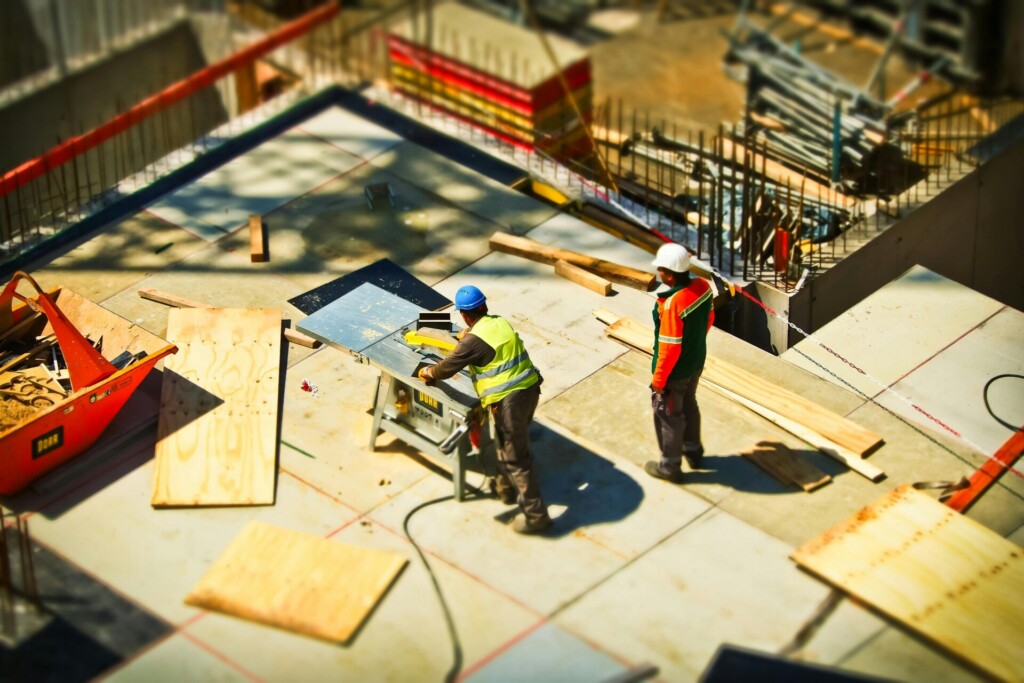
Understanding and complying with Dallas construction noise ordinance hours is essential for our work in residential areas. We recognize the importance of limiting operations to 7 a.m. to 7 p.m. on weekdays and 8 a.m. to 7 p.m. on weekends and holidays to respect neighborhood peace and avoid violations. When special circumstances require extended hours, we’re prepared to navigate the noise ordinance waiver process to obtain legitimate exceptions.
As construction professionals, we aim to maintain a balanced approach that allows for efficient project execution while being mindful of community impacts. This means carefully planning our work schedules, utilizing noise mitigation techniques, and maintaining open communication with nearby residents. By proactively addressing potential noise concerns, we can foster positive neighborhood relations even during active construction periods.
Ultimately, familiarity with local noise regulations benefits both our industry and the Dallas community. It enables us to operate responsibly while still meeting project timelines and requirements. As we continue to contribute to the city’s growth and development, let’s remain committed to best practices that demonstrate consideration for quality of life in the areas where we build.
For more information on navigating construction regulations in Dallas or to discuss your next project, please contact our team.


